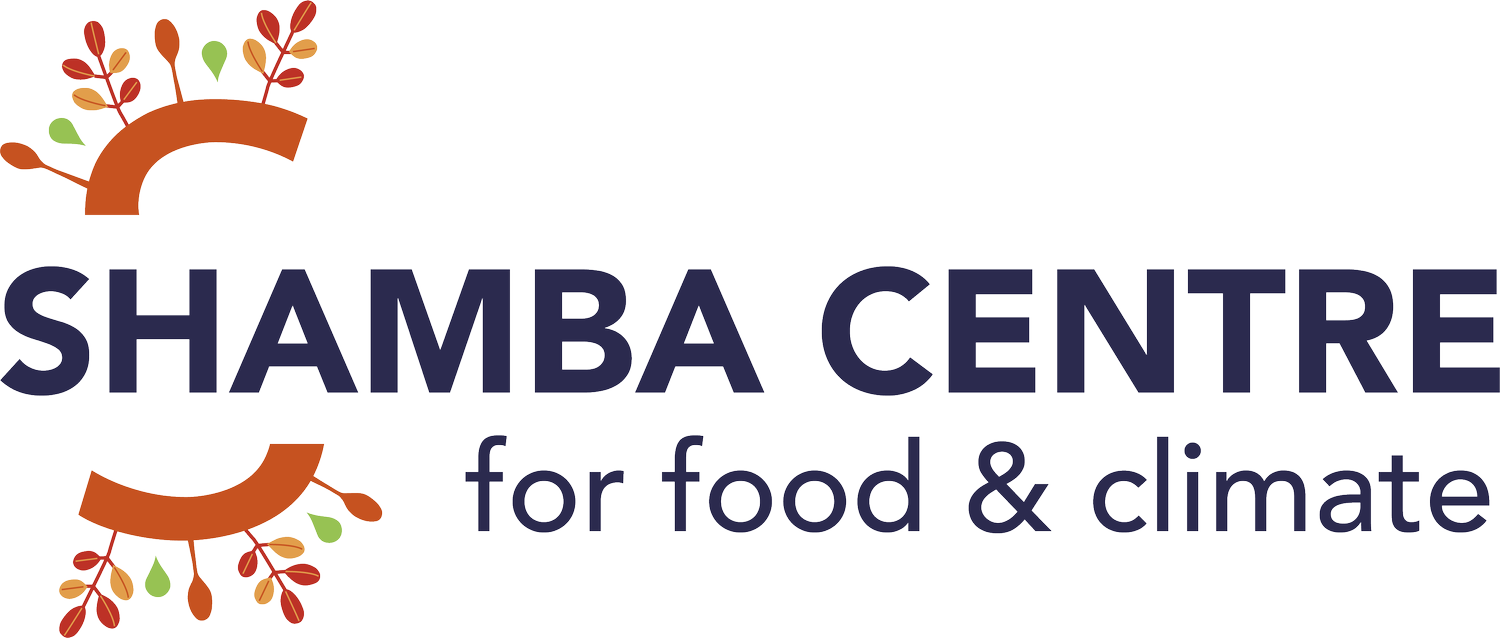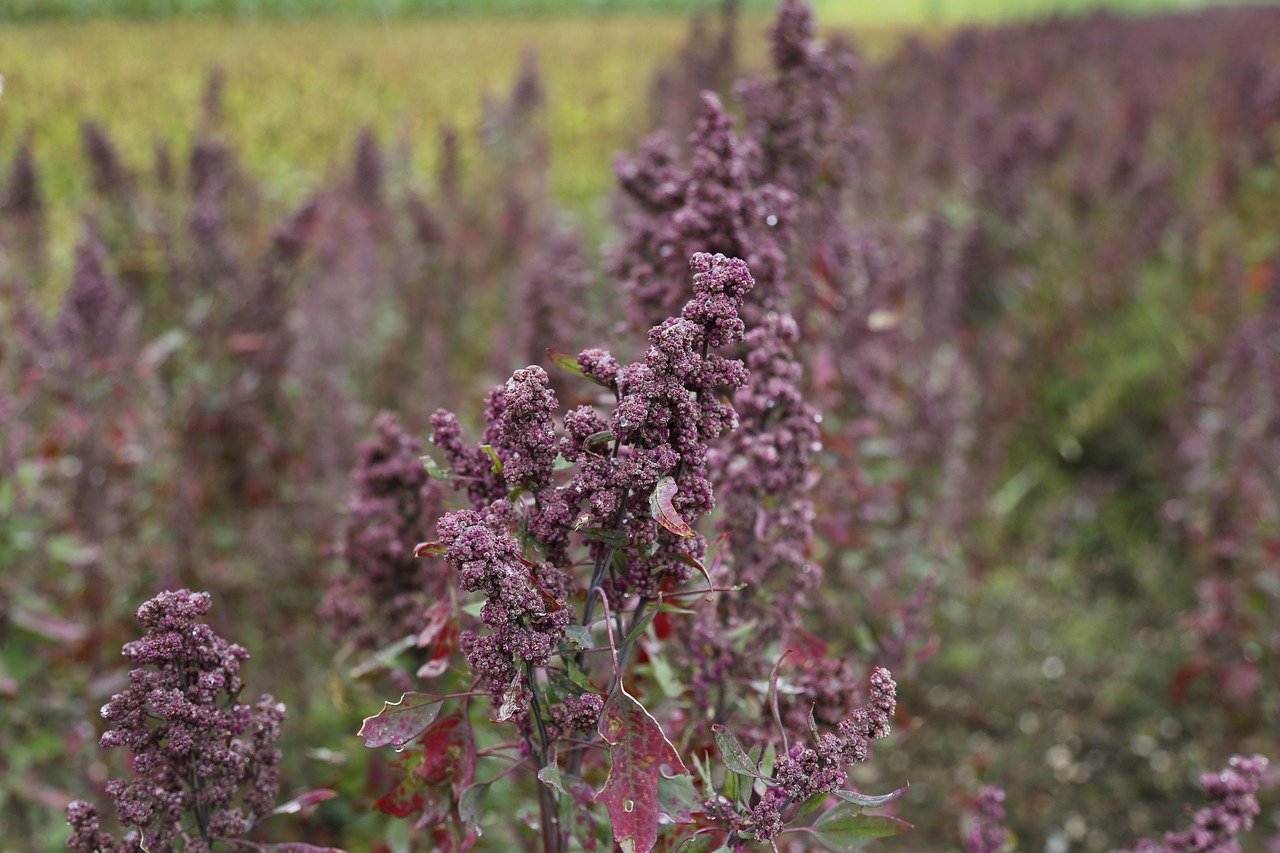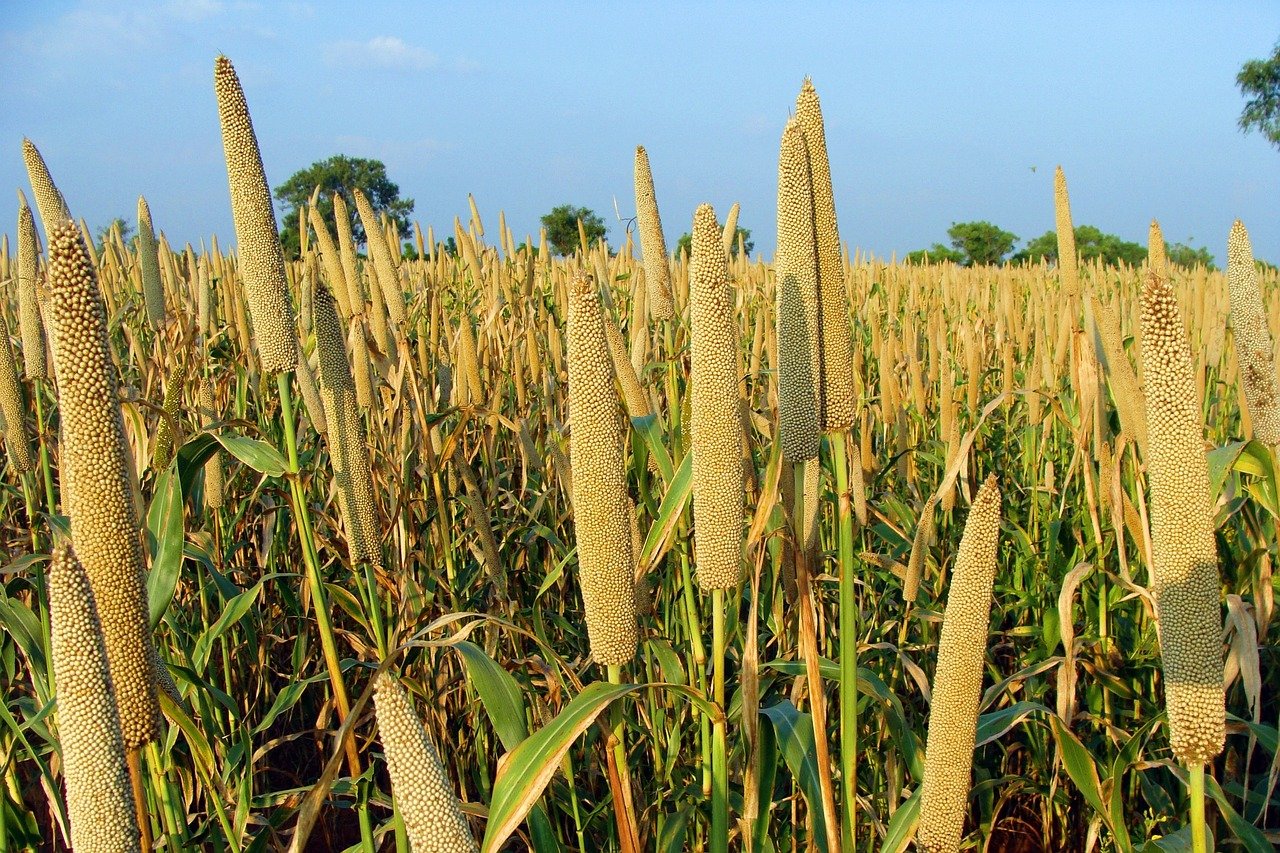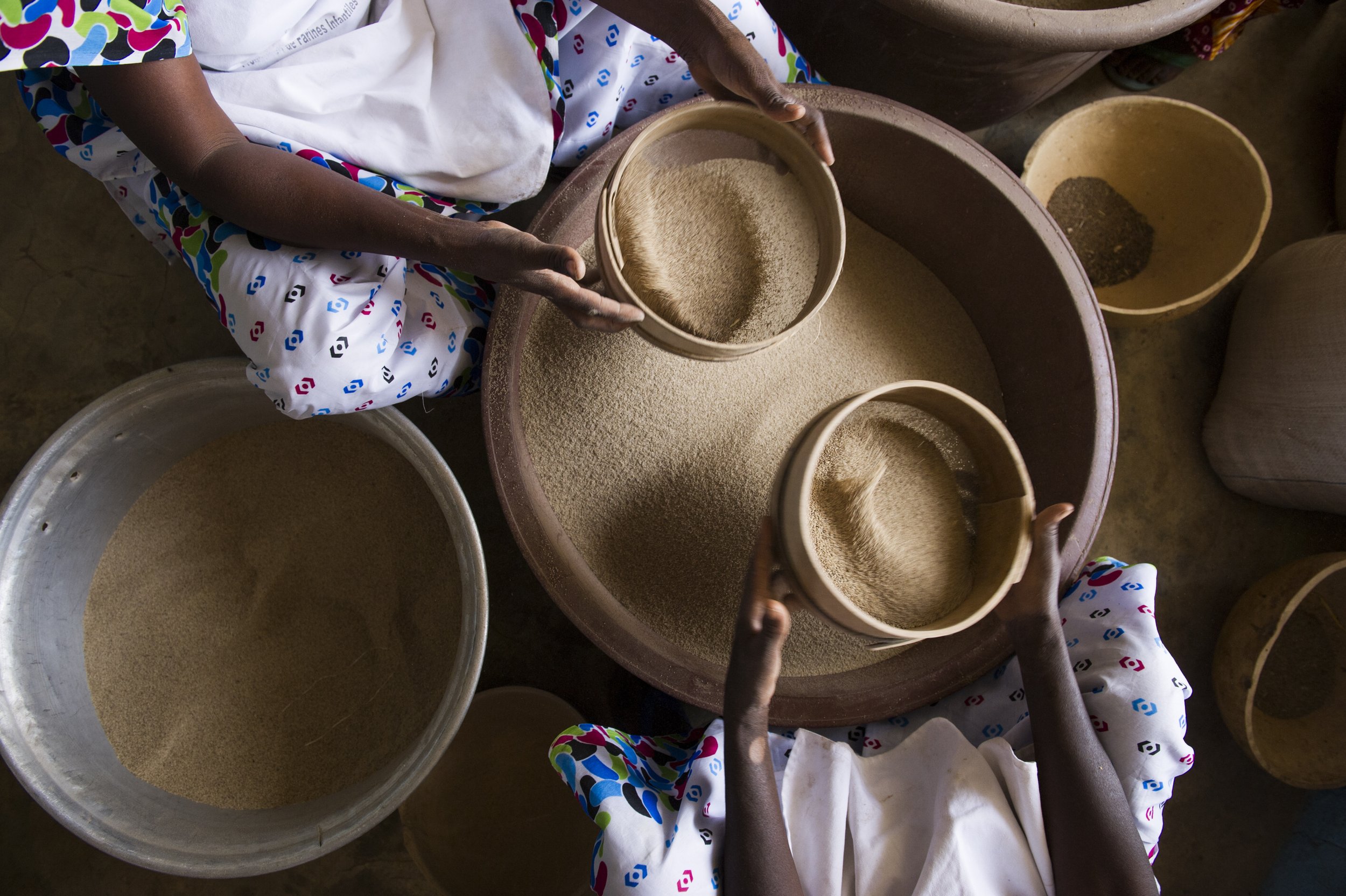
Focus group consultations on the re-introduction of traditional crops
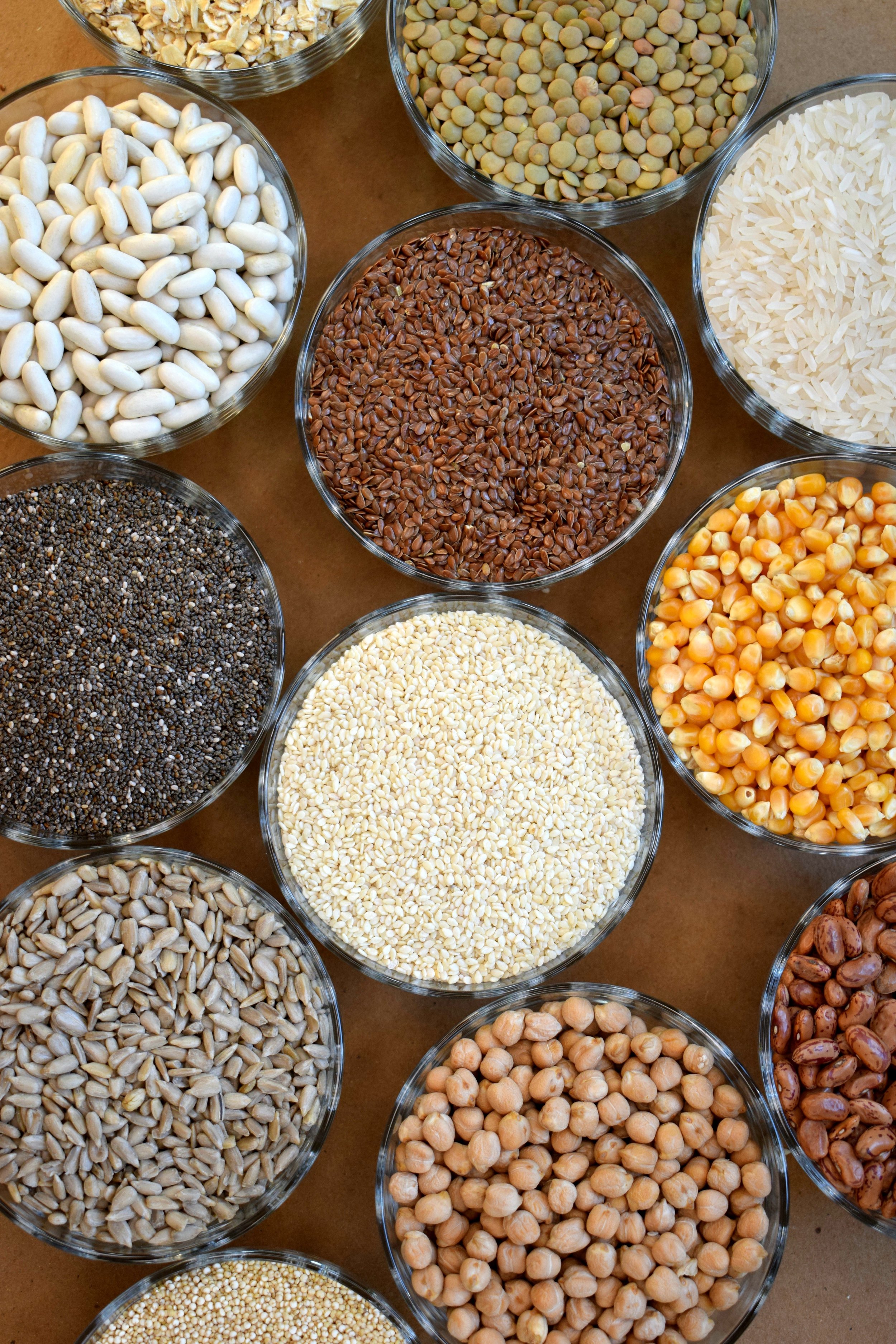
The prevailing food system, dominated by maize, rice and wheat, has significantly increased the availability and accessibility of food. However, it has not ended hunger for all, primarily in Africa.
Even worse, it has fuelled the current climate crisis which, in turn, has driven up hunger. The re-introduction and cultivation of traditional crops could offer a solution that alleviates hunger and the climate crisis.
VACS initiative
In early 2023, a partnership between the US State Department's Office of the Special Envoy for Global Food Security, Food and Agriculture Organization of the United Nations (FAO) and African Union (AU) launched the Vision for Adapted Crops and Soils (VACS) with the aim to support African farmers, civil society organisations and governments face the challenges posed by climate change to the region’s food systems.
The multiphase VACS initiative will identify a top selection of crops that present nutritional qualities, resilience to climate change, and marketability potential for further intervention and investment.
Focus group consultations
The Shamba Centre, together with its partners in Hesat2030, has undertaken a series of focus group workshops to gather knowledge and views on how indigenous crops can improve nutrition, dietary diversity, and climate targets in Africa.
The workshops brought together businesses, industry associations, local non-governmental organisations, farmers’ organisations, consumer groups, and women’s organisations to understand on how these crops can make a difference in food security and nutrition in Africa.
Francis Mwanza, Heritage Homestead in Zambia
“I want my heritage homestead to reconnect with the indigenous plants and trees from the past. I ask myself if my great grandmother were to visit, would she recognize what I have planted? We need to reconnect with these crops.”
Find out more about Francis and the launch of his Heritage Homestead
Simballa Sylla, Yolélé and Sustainable African Foods in Mali
“We cannot keep on eating rice, maize and wheat. We need to diversify what we eat otherwise the system will break.”
Read Simballa’s story and the business case for fonio
Dorah Momanyi, iPoP Africa in Kenya
“We need to establish a new body of knowledge around indigenous and neglected crops. It is only with this knowledge that we can innovate and develop new products.”
Read more about Dorah and her launch of iPoP
Lydia Ndinelao Horn, Namibia Institute of Seeds
“We need to give farmers options and not only promote hybrid seeds. We cannot neglect our local plants, otherwise they will disappear.”
Read more about Lydia and how she is helping farmers grow local crops
Jean Marie Kadio Boubié, SOS Sahel
“Despite its importance in local customs and traditions, fonio has been slowly disappearing from our tables. We want to restore its place as a champion in the culinary arts.”
Read more about Jean Marie and his work in advocating for indigenous grains

Further resources
